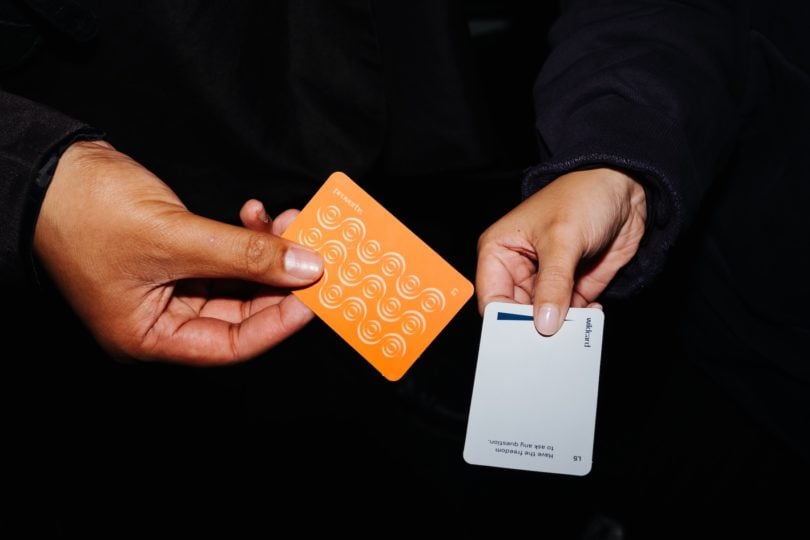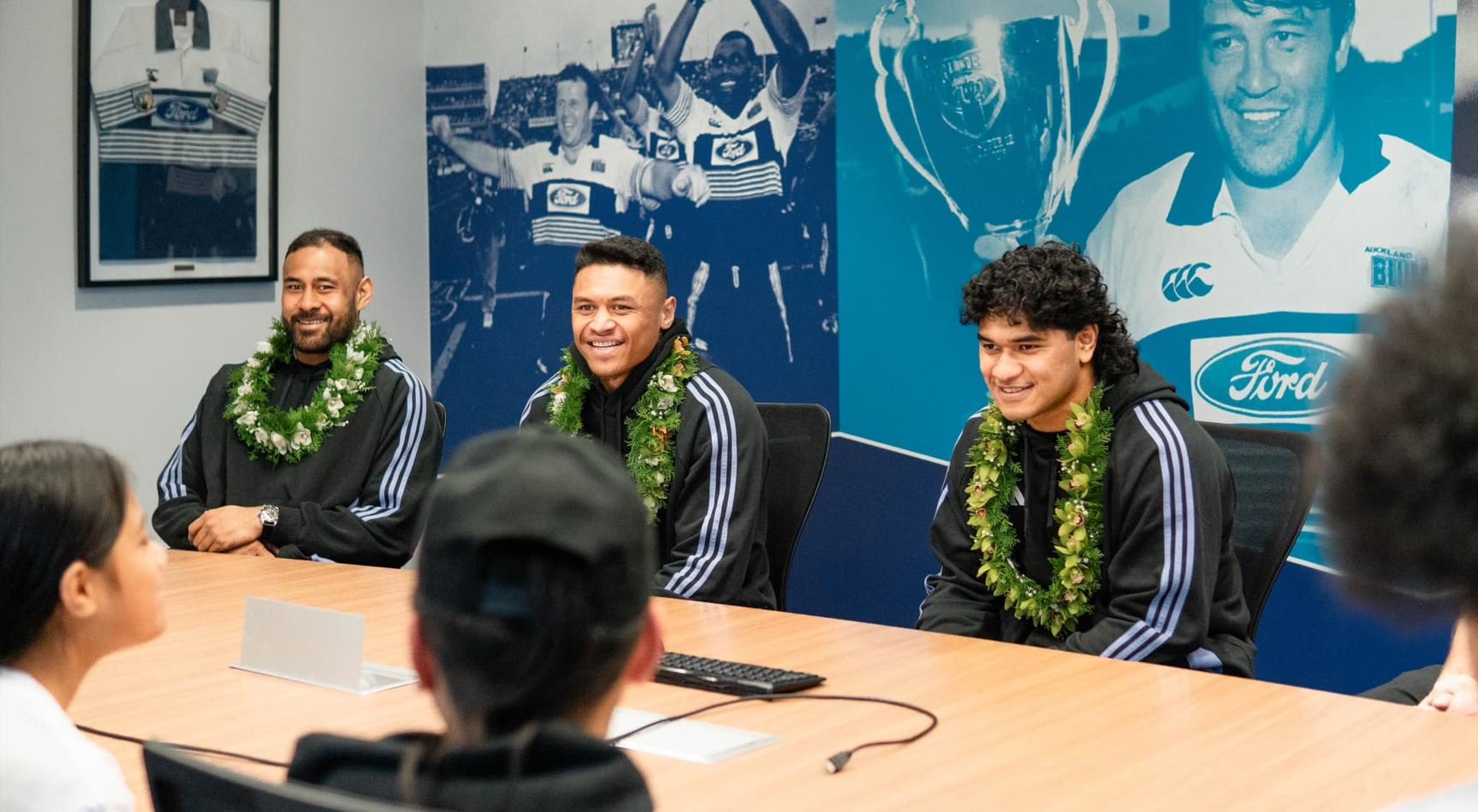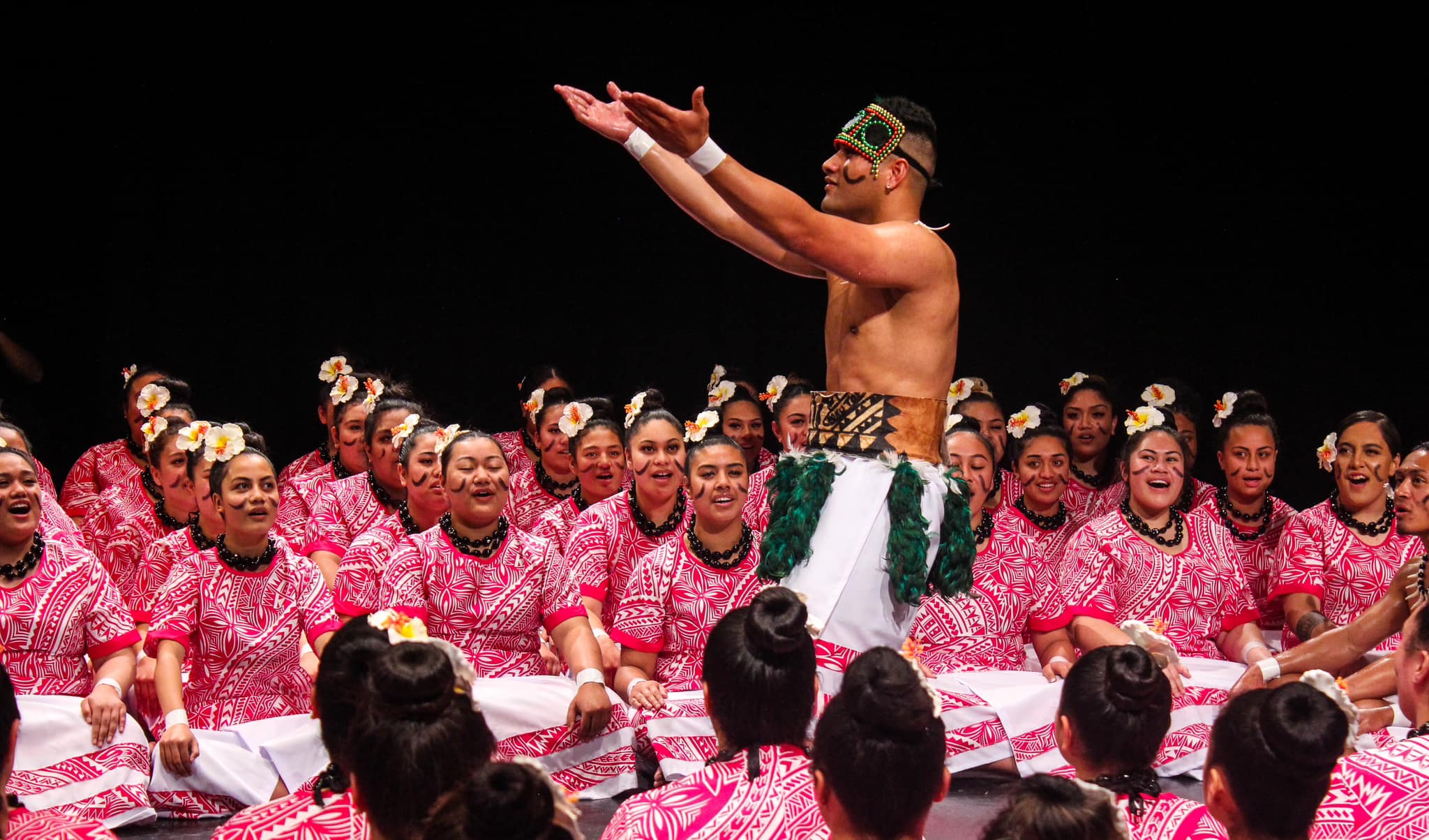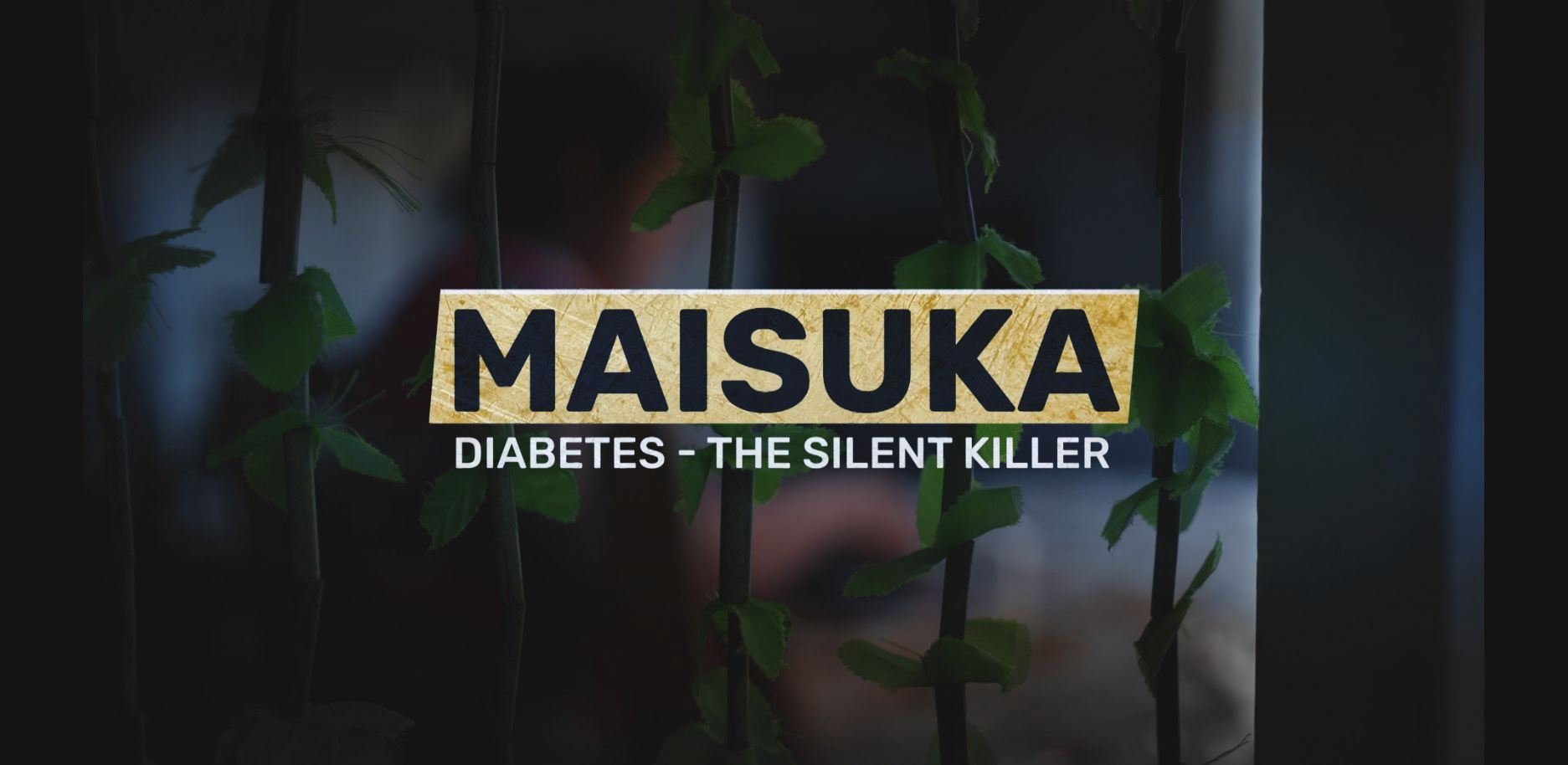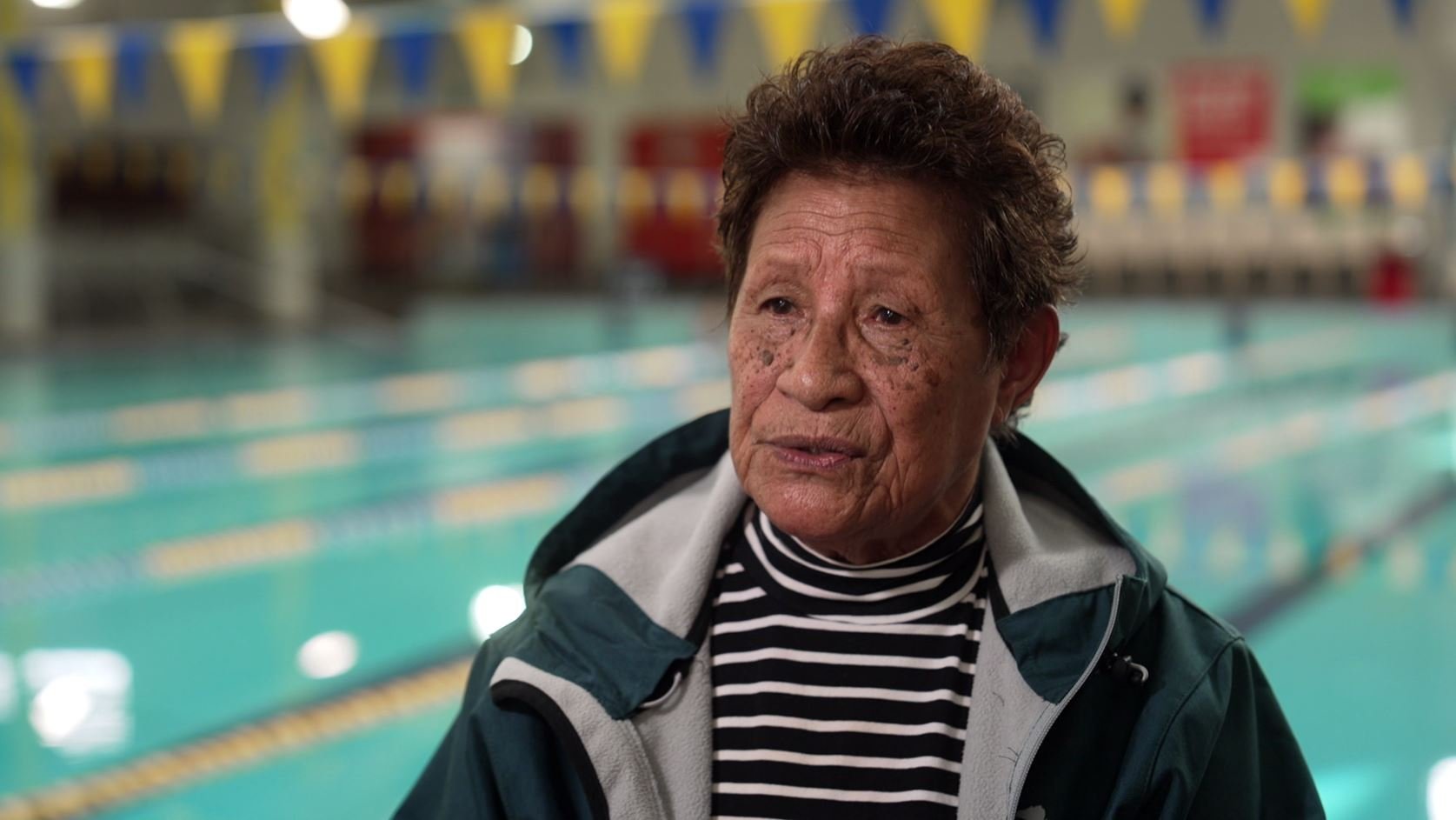Public Interest Journalism funded through NZ On Air

Middlemore Hospital has been involved in global research into a vaccine for pregnant mothers against the RSV virus.
The Aotearoa Clinical Trials team took part in the study and clinical director Dr John Baker said the results are important in areas like south Auckland, which are hit hard by the virus every year.
Respiratory syncytial virus (RSV) causes infections in the lungs and respiratory tracts.
The global clinical trial found an 82% reduction in infants needing medical treatment for severe lower respiratory tract infections due to RSV in their first 90 days after their mothers were vaccinated during pregnancy.
“With most drugs or vaccines a 15% change would be considered significant. So this is an outstanding result,” Baker said.
He said the findings released in the New England Journal of Medicine on Thursday are preliminary findings from the study which was conducted in a number of countries and further research will be done on the data.
The clinical trial used a vaccine developed by Pfizer for pregnant mothers, which was designed to help boost the immunity of their children after birth. The women who took part in the study were immunised at between 24 and 36 weeks of pregnancy.
Overall, 3682 participants in 18 countries received the vaccine and 3676 were given a placebo.
Baker said there is currently no vaccine available for the virus. But the study’s findings show pregnant mothers can greatly reduce the risk of their infants being hospitalised with RSV if they were given the trial vaccine during pregnancy.
For healthy adults and older children, symptoms are often mild and are very similar to the common cold. However, for infants the virus can lead to more serious illnesses, including bronchiolitis and pneumonia.
And children with underlying health issues can become seriously ill and require hospitalisation.
Symptoms of the virus include a runny nose, coughing or sneezing, a fever, wheezing and difficulty breathing and a loss of appetite or difficulty feeding due to breathlessness.
Baker said preventing young children contracting RSV is important as it can lead to long-term lung damage.
He said the study’s findings showed pregnant mothers could greatly reduce the risk of their infants being hospitalised with RSV if they were vaccinated during pregnancy.
Baker said the condition is common in lower socioeconomic communities like south Auckland where people often live in overcrowded and damp housing.
University of Auckland vaccinologist Dr Helen Petousis-Harris said the trial results are an important step in tackling a virus which puts pressure on the health system every year.
“It’s taken a very long time to get an RSV vaccine we can use to prevent severe infections in infants,” she said.
Petousis-Harris said the vaccine works by stimulating the mother’s antibodies which are then passed onto the child.
She said Pfizer would need to apply to MedSafe for approval for the vaccine to be used in New Zealand, but the trial results are promising.
Petousis-Harris is a member of the Aotearoa Clinical Trials governance group for maternal and neonatal vaccines.












